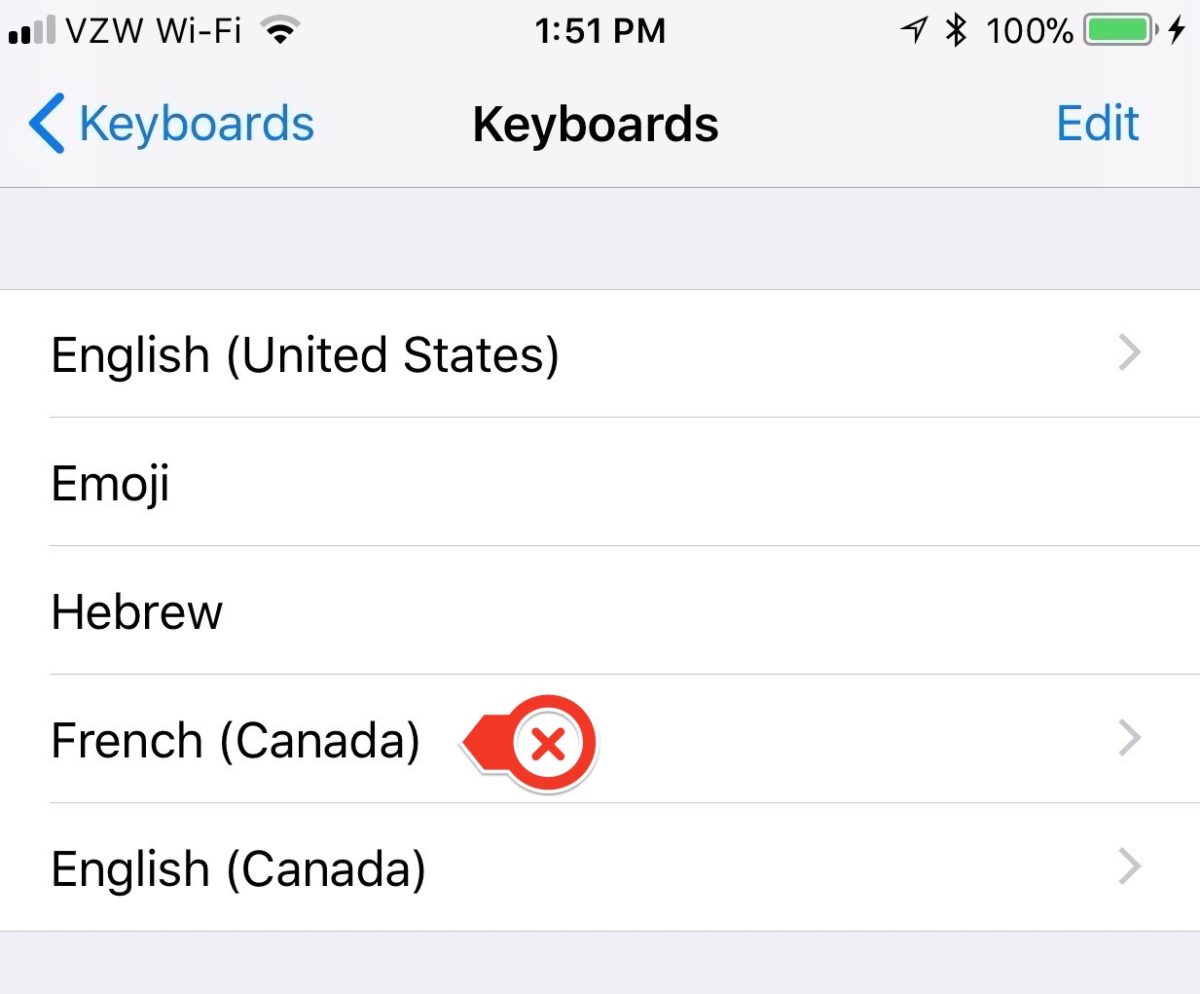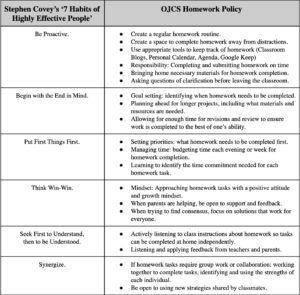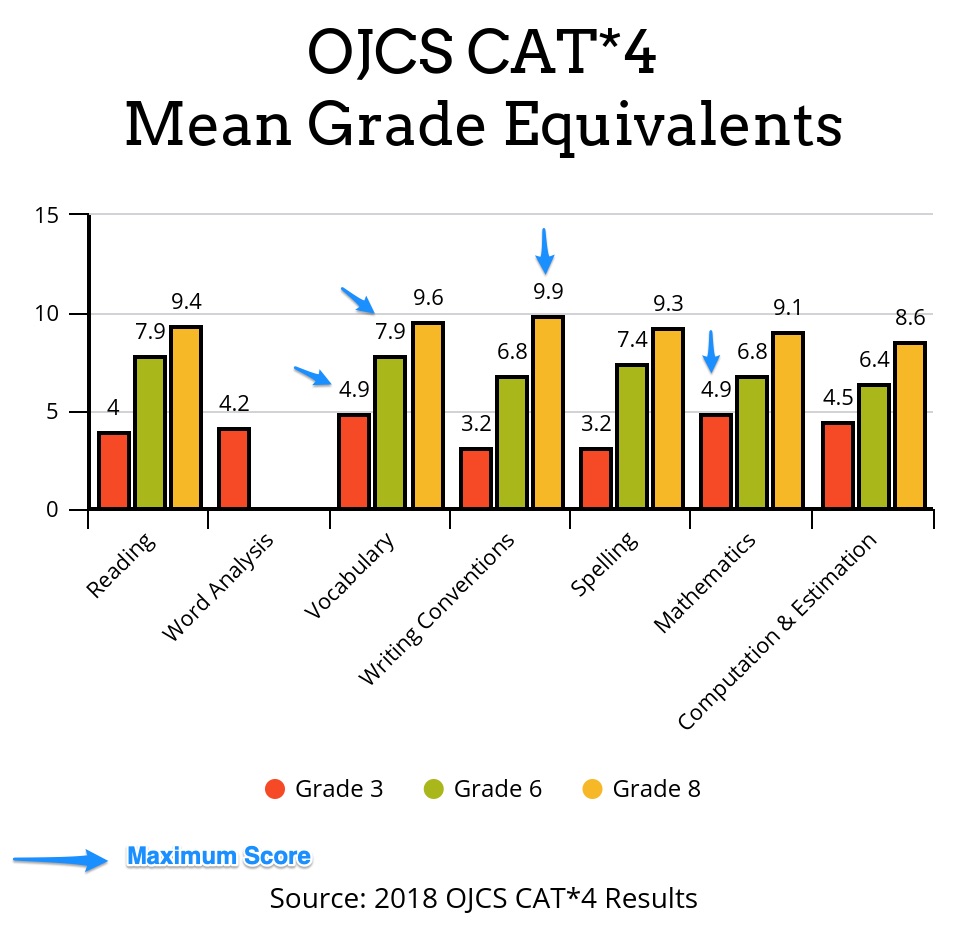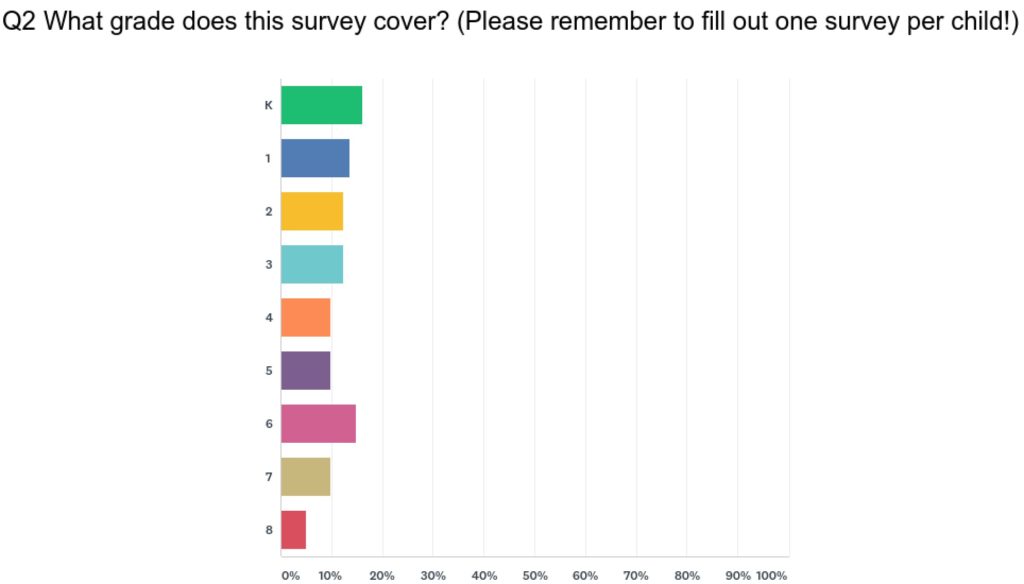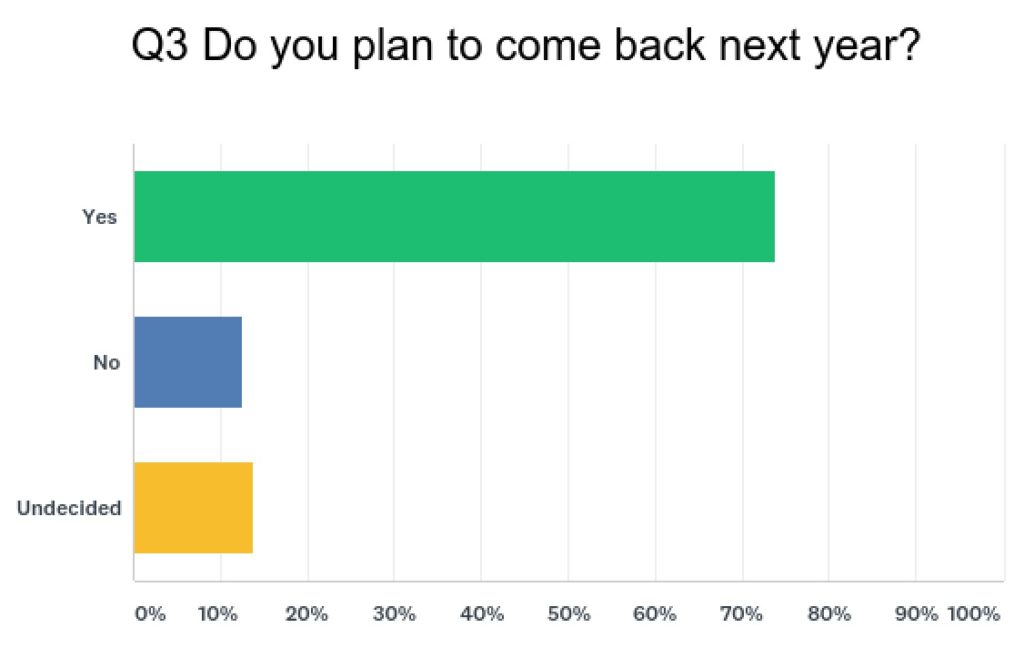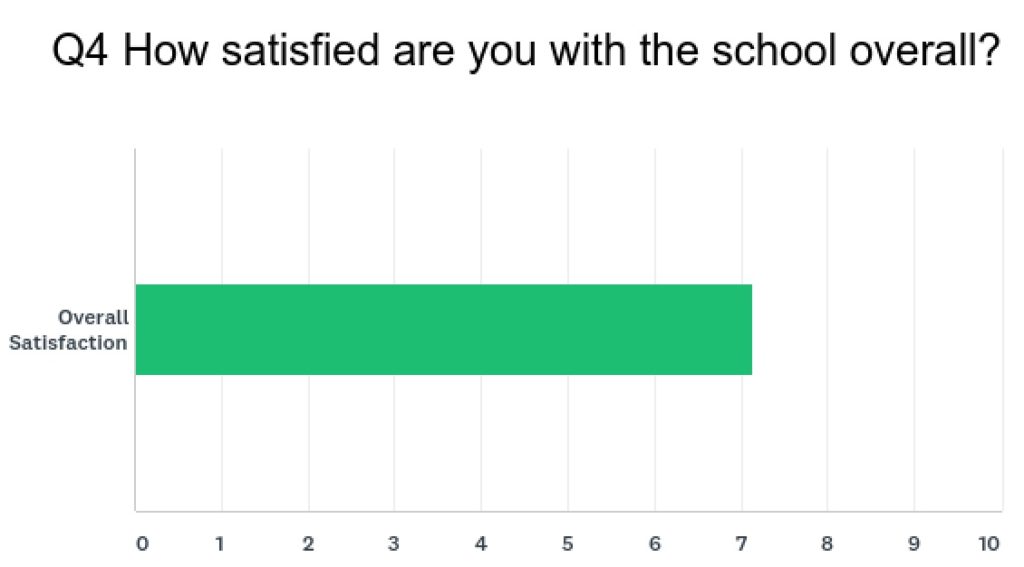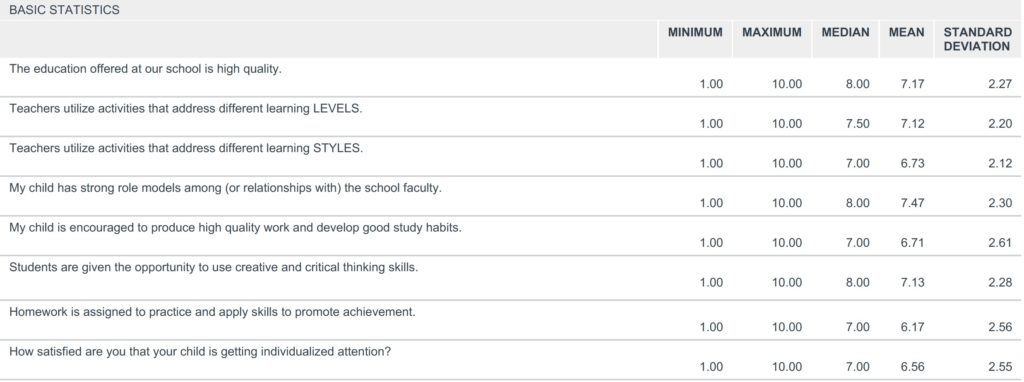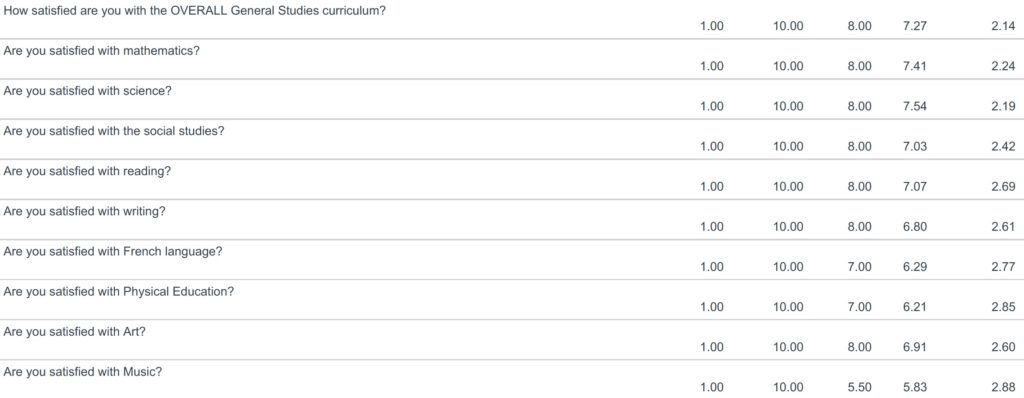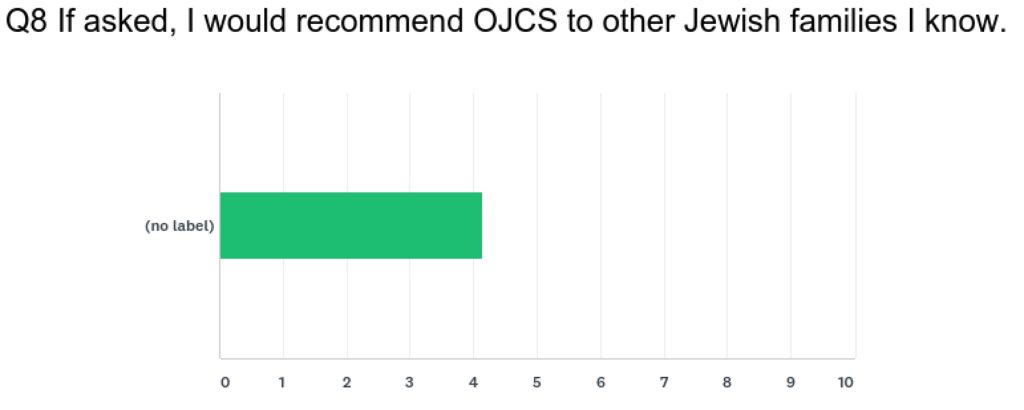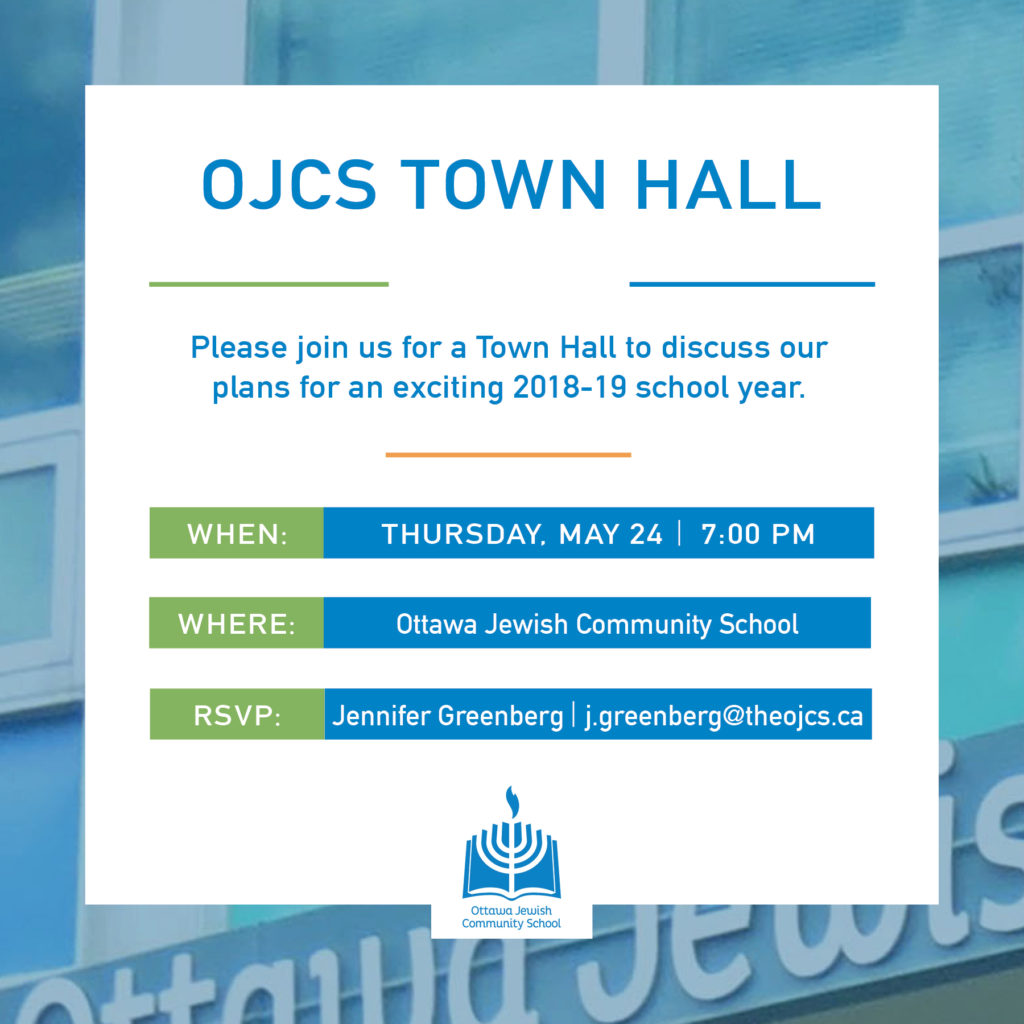As a follow up to the announcement OJCS recently made to invest nearly $50,000 to enhance French education, we promised to share back once we actually signed the contract to let our families and community know how we plan to spend that investment. It took a little longer than anticipated to dot the “i’s” and cross the “t’s”, but now that everything is signed, we are thrilled to let you know that the Ottawa Jewish Community School will be the first private school in Ontario to partner with the Centre Franco-Ontarien de Ressources Pédagogiques (Franco-Ontarian Centre for Educational Resources) or CFORP to implement the TACLEF program.
CFORP will introduce TACLEF, La Trousse D’acquisition de Compétences Langagières en Français (loosely translated as a “French language acquisition ‘kit'”) to the French teaching staff at the Ottawa Jewish Community School and to offer individual mentoring in its use for a period of two school years. This approach strengthens team building and permits a better understanding of a skills-based teaching/learning approach as it develops language proficiency in French language learners.
Here are the highlights from the contract:
The plan entails a gradual implementation of TACLEF covering two school years that targets the use of the resource tool through the two processes presented on the TACLEF website:
- la précision initiale des acquis langagiers (Initial Assessment of Language Proficiency)
- la planification des interventions ciblées (Planned Intervention)
Implementation supposes:
- a detailed implementation plan for the school,
- graduated training sessions for staff,
- individual coaching sessions for each teacher using the resource tool in his or her classroom (focus on skills such as use of resources, planning and choosing strategies based on data, communicating outcomes, curriculum alignment, etc.),
- an open dialogue based on commitment, strategic planning of learning outcomes, data analysis, reflective practices and professional dialogue.
At the end of the consultancy, the OJCS will have built the staff’s capacity to assess, support and guide French language learners in the development of their French language skills and in improving outcomes in all subjects taught in French.
Approach
The following steps will ensure the efficient implementation of TACLEF:
- initial planning session between project leader and the school’s leader and/or administrative staff to determine details;
- technical integration of the website into the school’s system with the CFORP;
- two full day training sessions during the first school year;
- on site coaching for each teacher attending the training sessions;
- follow up meetings between the project leader and school leader (on or off site) to assess needs during implementation;
- coaching follow-up (on or off site) according to assessment,
- year-end meeting between project leader and the school’s leader to review success of implementation, modify according to needs and plan the next steps.
Deliverables
- detailed implementation plan;
- two training sessions on the use of the resource tool: (September – October or according to school calendar);
- individual coaching for each teacher attending the training session:
- year 1: ½ day following each session and the equivalent of ½ day during the rest of the year (on or off site); total of 1½ scheduled days per teacher,
- year 2: equivalent of one full day during the year, scheduled according to the second-year plan, total of 1 scheduled day per teacher,
- follow up support with curriculum planning and resource selection as they pertain to the skills and strategies used during the implementation of TACLEF;
- planning session at the end of year one (May 2020);
- activity report during implementation (June 2020);
- identification of benchmarks and key performance indicators;
- final report at the end of the contract (June 2021).
To take it out of jargon, what is most important to us is that this consultancy provides two years of professional development for OJCS French Faculty from the same folk who train the immersion and Francophone programs in the public boards, including multiple in-person observations and direct training. It gives us shareable tools for benchmarking and tracking individual students over time. We will end the consultancy with new and updated French curriculum and with the tools to build individualized paths forward for high achieving students from the OJCS “Extended” program to full immersion programs at their next schools of choice. These tools, the curriculum and the paths would be ours after the consultancy and would become part of the budget moving forward.
I’d like to give a lot of credit to our current French faculty who invested a lot of time and energy researching growth opportunities and have shown a willingness for honest reflection that is both rare and refreshing. It takes strength to make yourself vulnerable and to be open to critique. It is a quality we have to model if we are to ask it of our students, and here, with a topic that can elicit strong emotion, I am proud to have a school where we can name we are a work in progress – and, more importantly, chart a path towards greater excellence. We look forward to walking that path towards greater excellence in French education, informed by parent voice, in the years ahead.

I did want to take a moment to provide a bit more data with regard to how the hours of French instruction are divvied up at OJCS and the French immersion programs that our graduates of “Extended French” are eligible to transition into when they get to Grade 9. There were, understandably, a lot of questions from parents (particularly parents at the younger grades) at our last gathering and, disappointingly, we did not have all the answers at the time. We have spent (a surprising amount of) time on websites and on the phone to confirm both the hours and how they are spent and just so folk can have accurate data upon which to inform opinions, we did want to report back.
Our understanding, if we want an “apples to apples” comparison, is that students in French immersion at SRB in Grades 7 and up have 750 weekly minutes in French allocated as follows:
- French 200 min
- Physical Education / Dance 200
- Health 40
- Science 150
- History / Geography 150
In comparison, students in “Extended French” at OJCS in Grades 7 and up have 400 minutes in French allocated as follows:
- French 240 min
- History / Geography 160
Clearly, 750 is more than 400, and no one is making an educational argument that when it comes to language acquisition that more isn’t better. However, if we are looking to see how to close the gap and/or what best prepares our graduates for success in the high schools that 90% or more of them will attend, what jumps out is “Science” and “PE” for different reasons. We have always understood that use of PE, Music, Art, etc., could provide an easy opportunity for additional language support and could provide an easy way to close the French gap. (Even if we haven’t always capitalized on the opportunity.)
Science is more complicated (both because we appear to offer more contact time in Science than SRB and because it would require additional staffing/tracking), but knowing that it is essentially science vocabulary that our students are lacking to bridge the gap may, through the consultancy, open up solutions that don’t automatically require us to reinvent the school.
What remains clear – and I’ll have more to say when I share back the Annual Parent Survey data – is that we actually have three groups of parents when it comes to French education. There remains parents for whom this is not their most pressing issue and remain satisfied with “Core French”. There are parents who are primarily invested in seeing their children be successfully prepared for Grade 9 French immersion in their next school of choice. That has, up until now, been the stated goal and that outcome has been the one that has perennially been questioned. In many ways, this consultancy was originally conceived to address that challenge. But what came through in the French Town Halls (and survey data) is that we additionally have parents who are as concerned, if not more, by French outcomes arguably more significant than high school readiness. Meaning, that although it might be necessary that our graduates be adequately prepared for high school, it may not be sufficient for the French education they believe their children should receive.
Part of our desire to use this consultancy is because of the work they do with Francophone schools in our province. We will have the opportunity to better understand what we presently do and to chart a path forward to wherever we believe we should be headed. This conversation is just beginning and we are excited to see where it goes…

Postscript: This will not be my only blog post this week! The promised post on the Annual Parent Survey is still coming out. I thought it important to close this loop, as promised.

